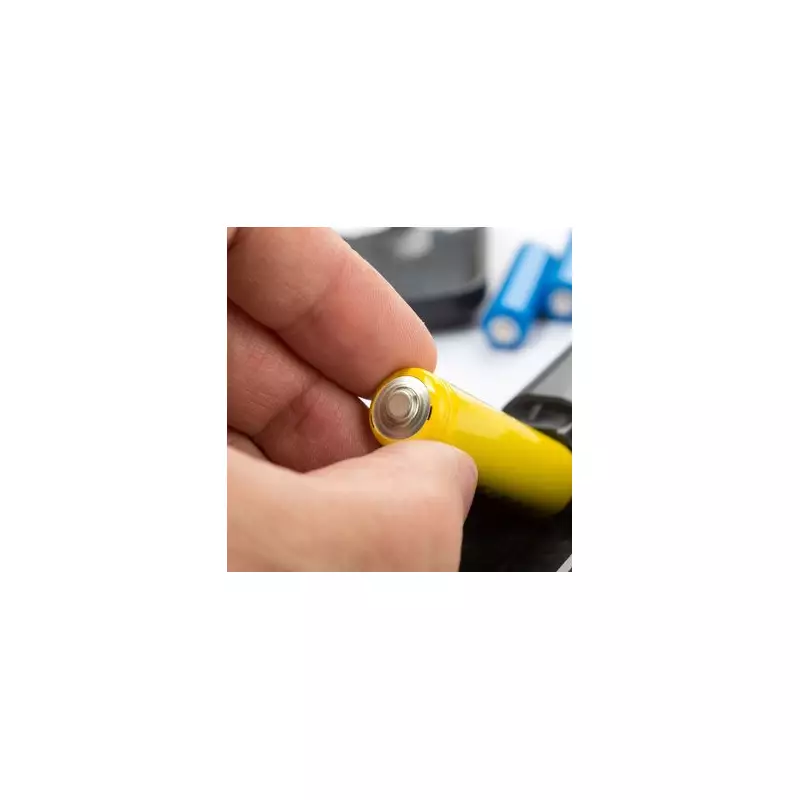
Millions of Britons are unknowingly putting their homes and local communities at risk by committing a common household mistake that fire services are calling a growing emergency. The culprit? Those innocent-looking batteries we all use daily.
According to safety experts and waste management authorities, disposing of batteries in regular household bins is creating a ticking time bomb in our waste systems. The consequences are more severe than most people realise.
The Hidden Fire Hazard in Your Bin
When batteries end up in general waste, they face being crushed, compacted, or punctured during collection and processing. This damage can cause them to short-circuit, sparking fires that can rage through waste trucks, recycling centres, and landfills.
Lithium-ion batteries, commonly found in mobile phones, laptops, and vaping devices, pose the greatest threat. These power sources can enter a dangerous state called 'thermal runaway' when damaged, leading to intense, hard-to-extinguish fires that release toxic fumes.
Environmental Impact Beyond the Flames
The dangers extend far beyond fire risks. Batteries contain heavy metals and corrosive materials that can:
- Leach into soil and groundwater when landfilled
- Contaminate recycling streams
- Harm wildlife and ecosystems
- Release toxic substances when incinerated
Proper recycling ensures these valuable materials, including lithium, cobalt, and nickel, can be recovered and reused in new products.
How to Dispose of Batteries Safely
Protecting your home and community is straightforward with these essential guidelines:
- Use designated battery recycling points available at most supermarkets, electrical retailers, and household waste recycling centres
- Never store used batteries loose - tape the terminals to prevent short-circuiting
- Remove batteries from devices before disposing of them
- Check with your local council for specific battery recycling services in your area
- Consider rechargeable alternatives to reduce battery waste
The UK's Growing Battery Problem
With the increasing use of electronic devices and the transition to electric vehicles, battery waste is becoming a significant challenge. Many consumers remain unaware of proper disposal methods, creating what environmental agencies describe as a preventable crisis.
Fire services across the UK report a worrying increase in waste fires caused by batteries, with some incidents requiring entire recycling facilities to be evacuated and resulting in millions of pounds in damage.
By making simple changes to how we handle battery disposal, every household can contribute to a safer, cleaner environment while reducing the risk of devastating fires. The message from safety experts is clear: that used battery doesn't belong in your bin - it belongs in proper recycling.





